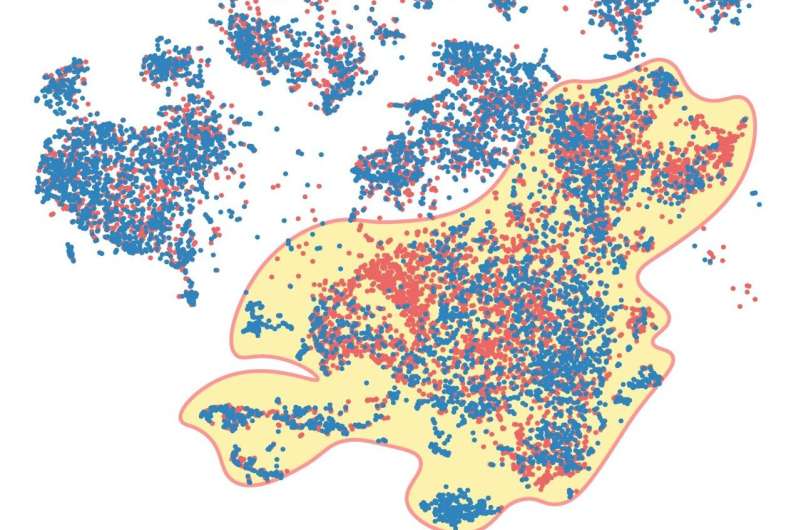
A new study by UT Southwestern’s Simmons Cancer Center scientists suggests that lactate, a metabolic byproduct produced by cells during strenuous exercise, can rejuvenate immune cells that fight cancer. The finding, published in Nature Communications, could eventually be used to develop new strategies to augment the anti-tumor effect of cancer immunotherapies, the study authors said.
“The lactate that we usually think of as a waste product appears to have a previously unrecognized role in fighting cancer,” said Jinming Gao, Ph.D., Professor of Cell Biology, Otolaryngology—Head and Neck Surgery, and Pharmacology, and member of the Harold C. Simmons Comprehensive Cancer Center. Dr. Gao co-led the study with fellow Simmons Cancer Center members Baran Sumer, M.D., Professor of Otolaryngology—Head and Neck Surgery, and Bo Li, Ph.D., Assistant Professor of Immunology and in the Lyda Hill Department of Bioinformatics.
Lactate is commonly used in Ringer’s solution, administered intravenously to replace fluids after blood loss due to trauma, surgery, or severe burns or to treat a condition called metabolic acidosis. While lactic acid (lactate with an additional proton) has been associated with cancer growth and immune suppression, the effects of lactate on cancer and immunity have been unclear.
To investigate this question, Dr. Gao and his colleagues gave lactate injections to mice with colon cancer or melanoma; other tumor-bearing mice received glucose injections. While glucose had little effect, tumor growth was significantly reduced in mice treated with lactate. When the researchers tried the same experiment in mice genetically engineered to lack T cells, this anti-tumor benefit was blocked, suggesting that lactate appeared to be exerting its effects through this immune cell population.
Administering lactate alone didn’t completely eliminate the tumors. But when the researchers added a commonly used immune checkpoint inhibitor—a type of cancer immunotherapy that releases the brakes that prevent T cells from fighting malignancies—about half the mice became completely tumor-free. Lactate also significantly improved the effects of a cancer-fighting vaccine and improved the anti-cancer response of cultured T cells that were injected into tumor-bearing mice.
Further single-cell RNA sequencing analysis showed that more T cells infiltrated the tumors of the lactate-treated mice. Compared to animals that didn’t receive this treatment, T cells from the mice that received lactate expressed more genes associated with stem-like T cells and a smaller number of genes associated with exhaustion markers, making them more fit to effectively fight cancer.
Source: Read Full Article





